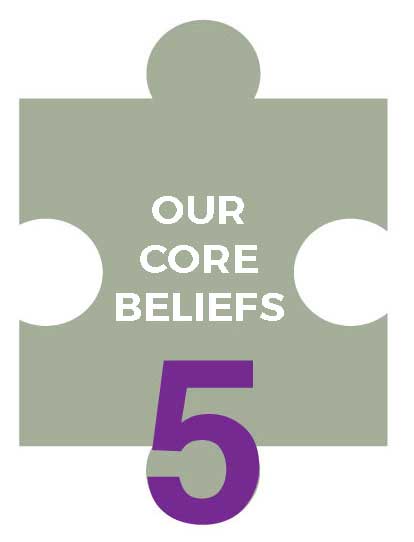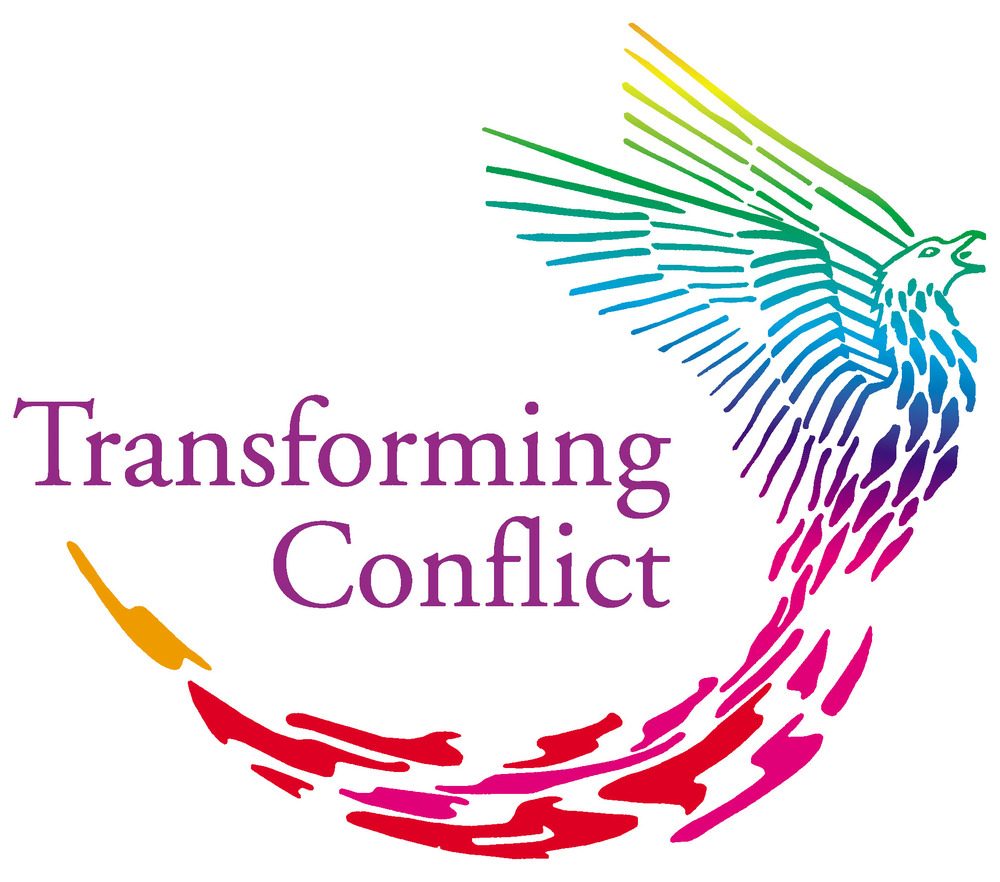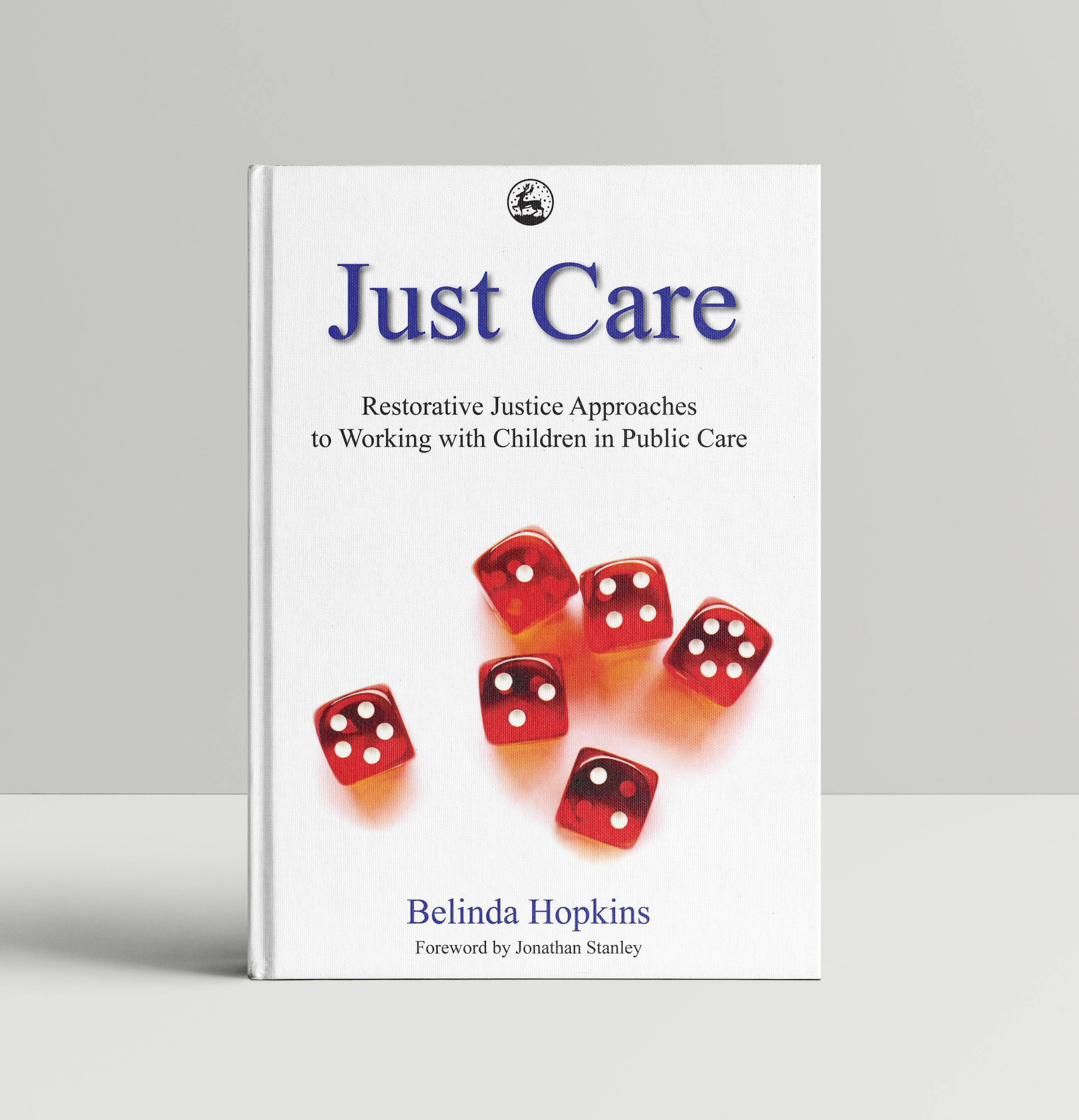Restorative Approaches when working with vulnerable people of all ages in Residential Settings and Day Care Units.
Statistics show that young people in care are disproportionately represented in the criminal justice arena. Many children in care have numerous unmet needs that put them at greater risk of engaging in offending behaviours inside and outside their Home. This troubling situation has arisen in the absence of effective alternatives and the response of care staff to extremely disruptive behaviour has often been to call the police.

This troubling situation has arisen in the absence of effective alternatives and the response of care staff to extremely disruptive behaviour has often been to call the police. It has been argued that using a restorative approach instead can divert children in care from the criminal justice system by ensuring that the incident is dealt with by staff in such a way that both wrongdoer and those affected reach a mutually agreed way forward.
This was the rationale, several years ago, for introducing a formal process called ‘restorative conferencing’ into certain children’s homes. This process involves both ‘victim’ and ‘offender’ meeting in the company of their parents or carers, and anyone else affected by the incident. All those present recount their perspective on the situation and what they need to enable them to move on.
Staff in residential child care settings soon discovered that this more formal process was less useful. Most of the incidents they needed to address flared up quickly and required immediate attention. They requested training in a range of less formal processes, which were, inspired by restorative justice. Their experiences in using these processes have gradually led to a realisation that the approach requires a cultural shift in the way staff and young people interact on a day-to-day basis and that the benefits of using this approach go far beyond the narrow remit of reducing potentially offending behaviour.
Introducing restorative approaches involves:
- Team Support – building a sense
of belonging - Building trust and rapport with
residents and /or service users - Conflict Resolution
- Mediation
- Problem Solving Circles
“More and more residential Children’s Homes are transforming the culture of their building by introducing restorative approaches."
Read more about this in Belinda’s book
Just Care – Is the ONLY book to be
published about how to introduce a restorative culture into a residential
care home.
The courses we offer are care staff and foster carers are based on the content
of this book, and all attendees on these courses receive a copy of this book.
Although the book was written for the Looked After Sector it has much of
relevance for staff working with vulnerable adults of all ages.
We base our programmes for residential care staff and foster carers on…

Restorative approaches do not have the monopoly on skills and strategies for developing safe, harmonious classrooms and staff rooms. However, their Unique Selling Point (USP) is what it offers people when things go wrong. They utilise the same relational skills people need to make relationships in the first place to respond when these relationships need to be repaired and harm needs to be addressed. Without the pro-active emphasis on developing relationship skills, both young people and staff will struggle to respond appropriately in the heat of the moment.
There is a whole range of different restorative conversations and meetings that can be used, depending on the situation, all based on our 5 Core beliefs. From these themes we have developed a framework for listening called Restorative Enquiry – when someone needs a non-judgmental listening ear. The same five themes shape our Restorative Meeting model, which can involve a neutral facilitator and 2 people and or else large numbers.

So what is unique about a restorative approach to conflict and challenging behaviour?
Many so-called ‘discipline issues’ in schools or residential settings either stem from, or result in, interpersonal conflict, which leave two or more people feeling angry, hurt, resentful, anxious or even afraid.

When in conflict people need:
- A chance to tell their side of the story – their experience
- Express their thoughts and feelings
- Understand better how the situation happened
- Understand how it can be avoided another time
- To feel understood by the others involved
- An acknowledgement of the harm caused, if not an apology
- To find a way to move on and feel better about themselves
The potential advantages of restorative approaches in residential settings include

- A safer, more caring environment
- A greater commitment by everyone for taking the time to listen to one another
- Improved relationships between staff and young residents
- Improved relationships between residents and the local community
- A reduction in bullying and other interpersonal conflicts
- Greater emphasis on responses to inappropriate behaviour that seek to reconnect, and not further disconnects, young people
- A greater confidence in the staff team to deal with challenging situations
- Reductions in call-outs by duty staff to police and senior management
- An increased belief in the ability of young people to take responsibility for their choices, and more people giving them opportunities to do so
- Greater appreciation of the importance of key restorative language in engaging those with attachment and other developmental and behavioural difficulties





